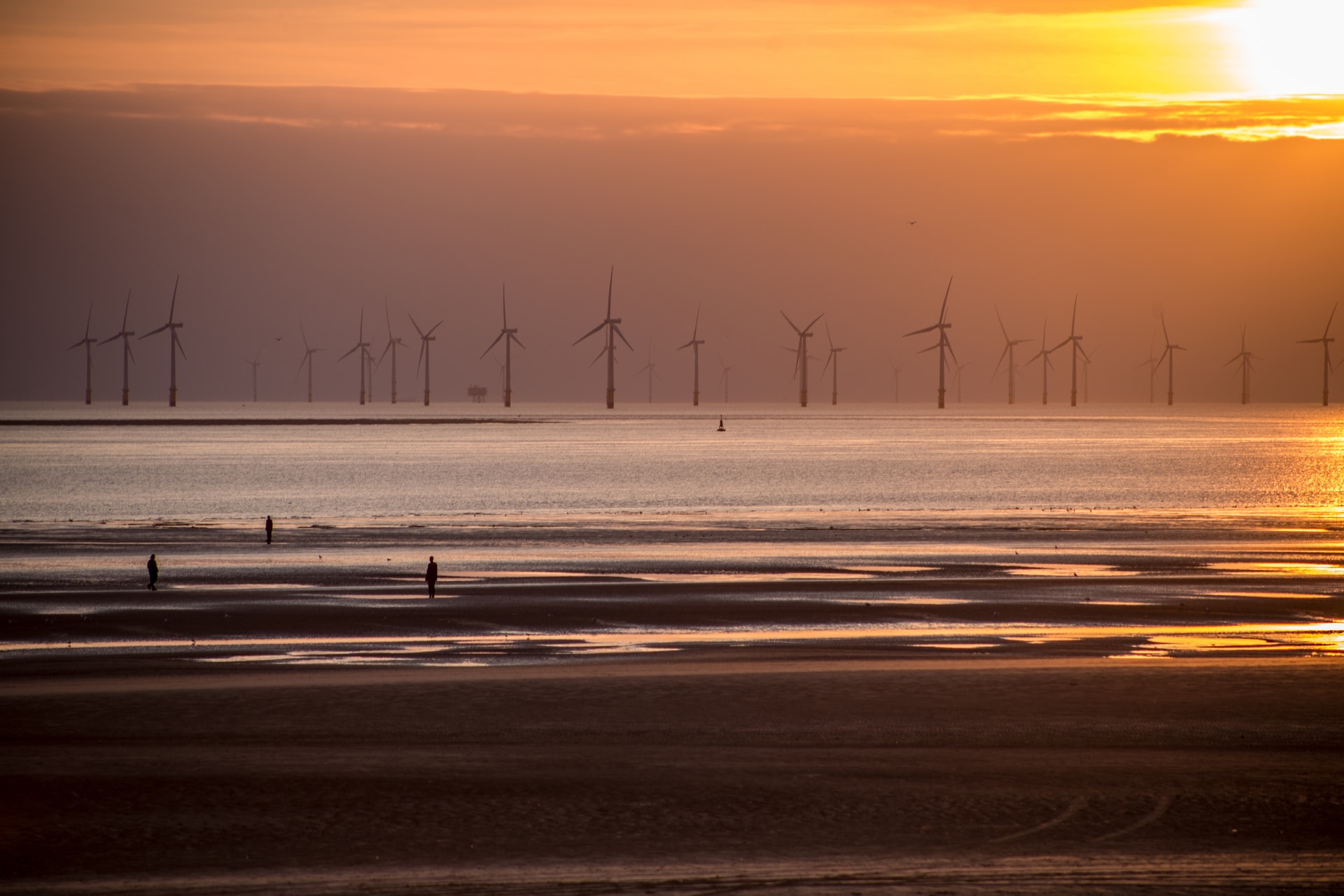

New report highlights need to accelerate hydrogen industry and net zero delivery
A new report has highlighted that the projected timeline for executing several of the EU’s major hydrogen projects could be no less than eight years, with the possibility of going beyond 10 years. It claims that the situation requires an entirely revised approach in order to bring the EU’s net zero objectives back within reach.
Worley, with their worldwide team of consultants, engineers, construction workers and data scientists, collaborating with experts from Princeton University’s Andlinger Center for Energy and the Environment, have together created a comprehensive strategy for advancing net zero and the renewable hydrogen industry.
“From Ambition To Reality 3 – steps to accelerate net zero delivery” is the new paper in which the recommendations have been made.
The paper has been released as part of a series focused on investigating the complexities of delivering the infrastructure required to achieve net-zero emissions by the mid-century. It highlights several key discoveries, such as a requirement for a four-fold annual increase in offshore wind capacity and a 35% rise in desalination capacity by 2030.

The new report highlights several key discoveries, such as a requirement for a four-fold annual increase in offshore wind capacity and a 35% rise in desalination capacity by 2030 in order to help achieve net zero targets.
Additionally, the report states the need for an eight-to-12-fold expansion in worldwide electrolyser manufacturing capacity.
According to the group these measures are essential to fulfil the EU’s objective of achieving renewable hydrogen production of 10 million tonnes per year by 2030.
The group observes that conventional delivery approaches will prove inadequate to provide the infrastructure required, putting the EU’s production goal in jeopardy.
____________________
Related Content:
UK industry titan Johnson Matthey: full steam ahead with hydrogen in China
____________________
A possible technology portfolio plan is included in the report as an example of the immensely challenging scale of the task at hand. It aims to translate the EU’s ambition of 10 MTPA by 2030 into “technology deployment terms, and includes:
A possible technology portfolio plan is included in the report as an example of the immensely challenging scale of the task at hand. It aims to translate the EU’s ambition of 10 MTPA by 2030 into “technology deployment terms, and includes:
– 39,000 MW PEM Electrolysers
– 1.6 million tonnes of aboveground H2 storage
– 5 million tons strategic reserve H2 storage
– 36,631 MW/91 Two of onshore storage
– 109,893 MW/404 TWh Offshore wind storage
– 36,631 MW / 55 Two of Solar
– 109 GWs of new grid capacity requiring connection to the transmission grid
– 28,000 km of H2 pipelines
– 107,166 million litres per annum of demineralised water, and 535,830 million litres per annum of seawater
“We know that the desire to deliver on net zero is strong across the industry, but that needs to be backed up by a pragmatic plan to get there.
The EU Renewable H2 Initiative Plan provides a guide for infrastructure participants, outlining tangible steps to drive the necessary transformation to meet the scale and pace required for mid-century net zero.” said Sue Brown, Executive Group Director at Worley.
By embracing this plan on a wide scale among infrastructure stakeholders, the report says delivery timelines could potentially be shortened by 40%, while upholding a prudent investment approach. In conclusion it highlights the importance for the region that this delivery model is embraced extensively by 2030, in order to achieve its net-zero objectives.
According to the report the EU’s targets require commercial operation dates (CoDs) for 25 projects, each at a capacity of 3GW, by 2030.
Further details of various initiatives include government support for demand assurance and simplifying permitting procedures, promoting standardisation within the hydrogen sector, and facilitating widespread exchange of industry insights and best practices.
Paul Ebert, Group Director Sustainability Leadership at Worley said “Worley and Princeton researchers are championing the change needed to accelerate the path to net zero and challenge other industry participants to work with us to turn ambition into reality.”
To learn more about HYCAP, click here.